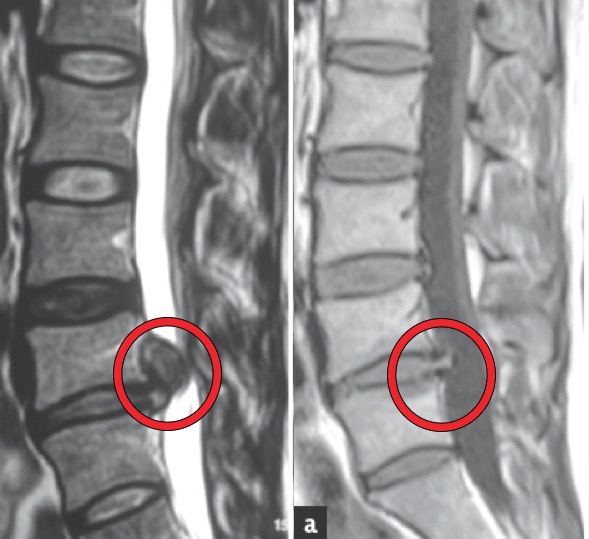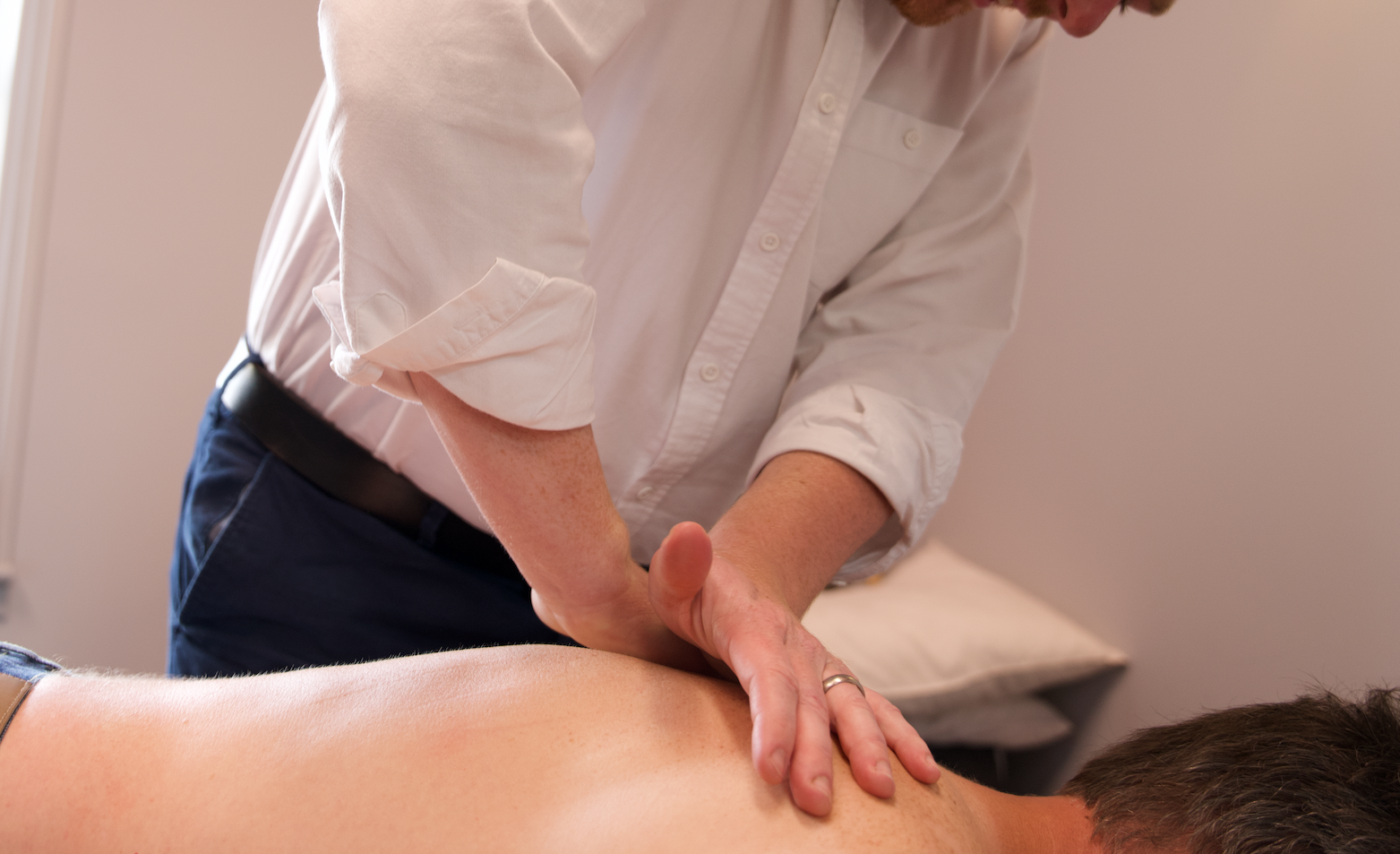Can I recover from a slipped disc?
What is a slipped disc?
Many people talk about a slipped disc to describe back pain and/or associated leg symptoms. Often the pain can be debilitating and the referred symptoms quite concerning. But there is a large and growing evidence base that clearly shows that these conditions can recovery without the need for surgery. The phrase ‘slipped disc’ subconsciously makes us think of spinal discs as fragile structures which can be worrying. So from the outset, I would like to make my opinion based on the clinical anatomy and my postgraduate education very clear – discs do not slip! However, a spinal disc can be injured. Physiotherapists describes this as a disc lesion – often a bulging, protruding or herniated disc.
What does a slipped disc mean?
A disc lesion can be a very painful condition as discs have their own unique nerve supply. A more significant lesion can press on the nerves that exit the spine producing nerve pain in the leg such as sciatica or odd symptoms such as numbness or pins and needles. If you experience muscle weakness or loss of control of your bladder or bowel due to a severe disc lesion – this a medical emergency. If you are experiencing any of these symptoms or are concerned in any way do consult your GP or a physiotherapist as soon as possible.
Can a ‘slipped disc’ recover?
In a nut shell – yes! A recent scientific study looked at the ability of a herniated disc to reabsorb or recover. Physiotherapists have long known that spinal disc pain and referred symptoms can recover without surgery. The reabsorption phenomena was categorically proven by MRI and CT scans in 1990. This recent study published in 2017 compares lots of similar studies and concludes that 66% of herniated discs recover spontaneously.

Picture adapted from here.
What does the clever scientific stuff mean for you?
Essentially if you have lower back pain and/or symptoms travelling down your leg – there is hope! Even if you have had a scan to confirm a bulging or herniated disc – lots can be done to help your recovery without the need for surgery. 66% or 2 out of 3 of these conditions can recover spontaneously. There are certain symptoms where surgery is the best and safest option but a physiotherapist can advise you on this.
What can be done?
I am a little biased but hey, you are reading this on our website! Physiotherapists are best placed to offer you a timely consultation. We have the expert knowledge of the anatomy involved, are well versed in the scientific literature and have the skills to treat the source of the pain.
This process starts with a holistic understanding of your condition. We begin with a detailed physical examination to deduce the source of your pain or symptoms. We then wieve together a management plan for your recovery. Here at The Physios, we are musculoskeletal injury experts and have many years experience treating conditions such as slipped or herniated discs and have trained to a high post-graduate level in a range of skills including ‘hands on’ treatments such as spinal manipulation. We also provide manageable and effective exercises including our ‘in house’ Pilates to continue your recovery. Your Physiotherapist will also liaise with your GP, consultant or insurer on your behalf.
Do check out our advice sheets on how to get a good nights sleep and early exercises for lower back pain.









